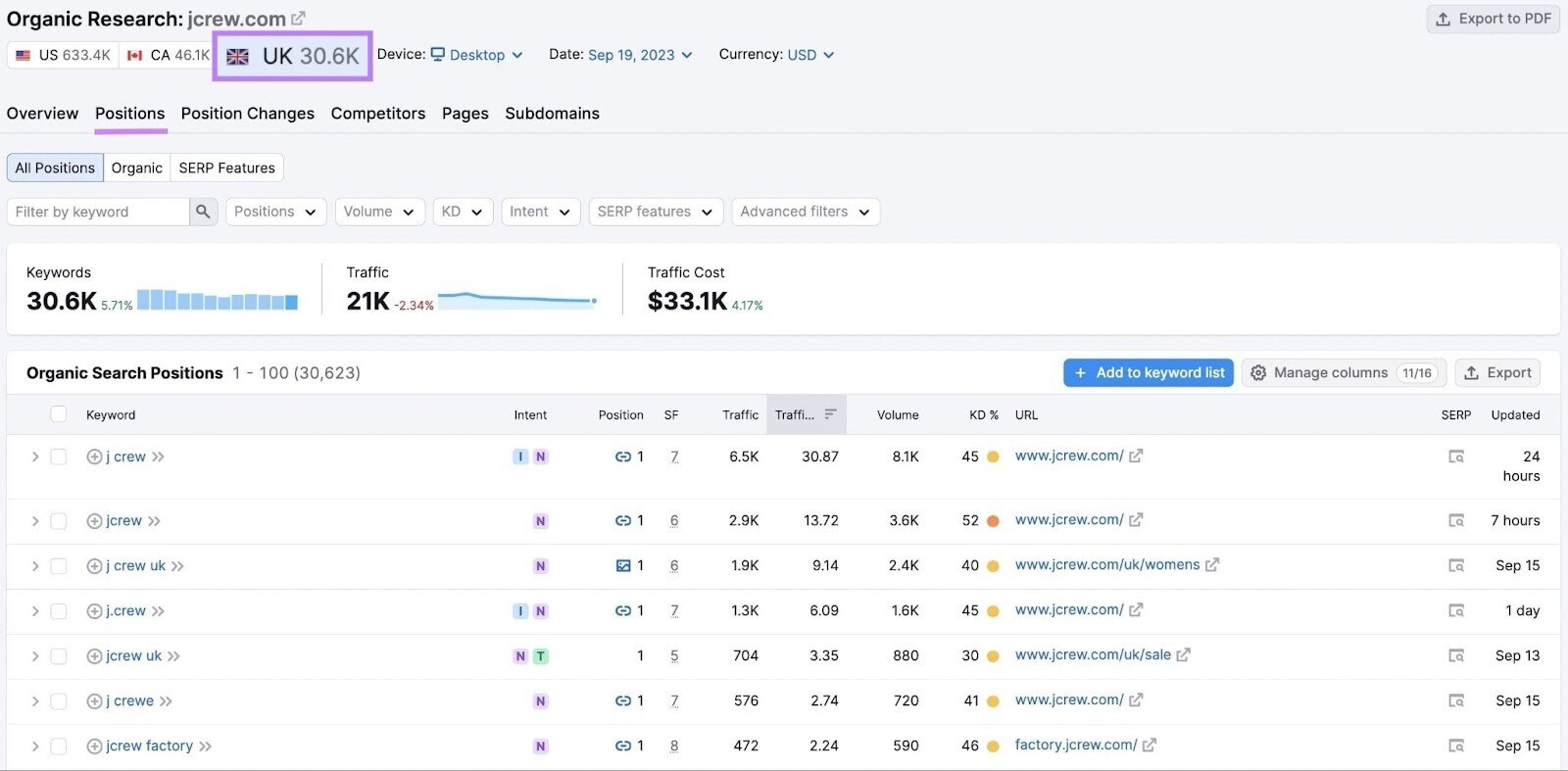Navigating the Digital Landscape: Leveraging International SEO for Cross-Border Success
In today's interconnected electronic world, services are increasingly looking past boundaries to use worldwide markets. Leveraging seo (SEO) techniques customized for global audiences is important for attaining cross-border success. The complexity of navigating the digital landscape on a worldwide scale demands a nuanced technique, from recognizing the principles of International search engine optimization to applying geotargeting and multilingual key phrase approaches. As firms strive to expand their reach and visibility across different regions, optimizing web site frameworks and monitoring cross-border performance ended up being crucial elements of a successful worldwide search engine optimization approach.
Recognizing International SEO Fundamentals
Browsing the intricacies of worldwide Search engine optimization requires a strong grasp of basic principles to properly expand on-line visibility throughout boundaries. One vital aspect of global Search engine optimization is comprehending the relevance of localization.
Furthermore, having a clear understanding of geo-targeting is crucial. This includes showing to internet search engine the certain countries or regions a web site is targeting. Carrying out hreflang tags is one method to connect this information, making certain that the correct version of a web page shows up in the search results for an individual in a specific area.
Furthermore, comprehending the effect of regional internet search engine and social media platforms is important for worldwide SEO success. While Google is dominant in numerous regions, countries like China have their very own search engines like Baidu, calling for customized methods for each system to optimize on-line exposure (International SEO).

Targeting Multilingual Search Phrase Methods
Developing multilingual key phrase techniques is crucial for efficiently getting to varied international target markets and maximizing on the internet presence across different linguistic regions. When targeting multilingual key phrase techniques, it is vital to conduct detailed study to understand the details search terms and phrases utilized by the target market in each linguistic region. This entails not just translating search phrases but likewise thinking about social subtleties, local languages, and search fads unique to every target market.
To produce an effective multilingual search phrase strategy, it is essential to prioritize significance and search intent. Key phrases need to align with the content on the website and resonate with the cultural context of the target market. Making use of devices such as Google Search Phrase Organizer, SEMrush, or Ahrefs can aid recognize high-performing keywords in various languages and analyze their search quantity and competitors degree.
Additionally, tracking and assessing the efficiency of multilingual search phrases on a regular basis is crucial for maximizing and improving the method gradually. By constantly adapting to changes in search actions and fads, services can enhance their on the internet visibility and attract more international traffic to their sites.
Applying Geotargeting and Hreflang Tags
When intending to improve international search engine optimization methods, incorporating geotargeting and hreflang tags is essential for optimizing internet find more info site exposure across various regions. Geotargeting entails tailoring web content to certain locations, making certain that individuals in various areas receive appropriate information. By carrying out geotargeting, businesses can boost their local search positions and attract region-specific website traffic.

Optimizing Internet Site Framework for International Visibility
To even more boost worldwide Search engine optimization approaches past geotargeting and hreflang tags, enhancing the web site structure is imperative for accomplishing international visibility and maximizing reach across various regions. A well-structured site not just enhances user experience however additionally helps with search engine crawlers in comprehending the web content and context of the site.
Additionally, creating language-specific subdirectories or subdomains can help online search engine supply the best variation of the internet site to users based on their language choices, better enhancing the general individual experience. In addition, maximizing URL structures to include appropriate key words and geotargeted terms can enhance the website's presence in various areas. By structuring the website efficiently for worldwide audiences, businesses can enhance their possibilities of drawing in global website traffic and increasing their reach throughout boundaries.

Surveillance and Examining Cross-Border Performance
Reliable monitoring and studying of cross-border performance is essential for reviewing the success of worldwide search engine optimization techniques and identifying chances for improvement in worldwide reach and visibility. By carefully tracking key efficiency indications (KPIs) across various markets, companies can obtain important understandings into the performance of their cross-border SEO efforts. Keeping track of metrics such as natural traffic, keyword rankings, conversion prices, and bounce prices can offer a detailed sight of how well a website is doing in various areas.
Evaluating cross-border efficiency data enables services to identify trends, patterns, and areas for optimization. By contrasting efficiency across different countries, areas, or languages, firms can pinpoint successful methods and center content to better cater to details target audiences. Additionally, checking cross-border performance enables services to stay nimble and receptive in the ever-evolving electronic landscape. Regular analysis of SEO efficiency on a worldwide scale guarantees that business can adapt their approaches rapidly to capitalize on arising opportunities and preserve an affordable side in global markets.
Conclusion
In final thought, global SEO plays a critical duty in attaining cross-border success by enhancing sites for global presence, targeting multilingual search phrase approaches, carrying out geotargeting and hreflang tags, and keeping an eye on cross-border performance. By recognizing the basics of international search engine optimization and enhancing website frameworks accordingly, organizations can effectively get to and involve with their target audiences throughout different areas and languages. This tactical strategy is vital for expanding market reach and driving on-line growth look at this site in today's electronic landscape.